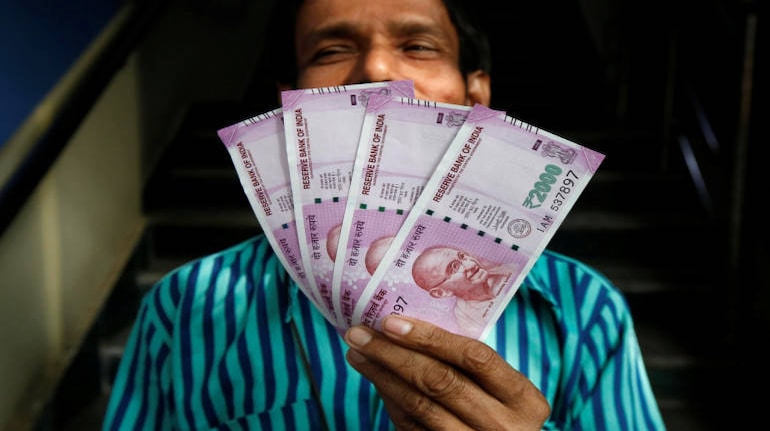



Aviva Plc's India life insurance joint venture is raising its exposure to the country's state-run banks as it bets the government's $32 billion plan to rescue lenders burdened with record bad loans will boost their prospects.
The insurer also likes metals stocks and consumption-driven sectors, especially those that target rural consumers, but would avoid the non-bank finance companies, Prashant Sharma, chief investment officer at Aviva Life Insurance Co. India Ltd, told Reuters.
The 21 public-sector undertaking (PSU) banks, which are majority owned by the government and likely beneficiaries of the recapitalisation, account for more than two-thirds of India's banking assets. They also have bulk of the country's record $147 billion soured loans.
The banks are less profitable compared with their nimbler private sector rivals and were largely not favoured by investors until the recapitalisation plan was announced.
The recapitalisation triggered a rally in the state-run bank stocks, although that has since cooled as investors await clarity on the impact of the fund injections, much of which will be via recapitalisation bonds.
"Some of the money has actually come out of the more expensive private banks to some of the PSU banks, the larger PSU banks which, after the recapitalisation, would be quite healthy," said Sharma, who oversees management of about $1.5 billion of Aviva India's assets in debt and equity.
"I think the recapitalisation provides them with the necessary fuel to start growing again."
Sharma said he still liked private sector banks, but their expensive valuations meant he had to be selective.
The insurer is "significantly underweight" on non-bank finance companies (NBFCs) due to "rich" valuations and because the tailwinds that helped grow the financiers in the past years may be "coming to an end", Sharma said.
Other sectors on the insurer's radar were commodities and oil and gas.
Given its cyclical nature, it would be difficult to have a long-term position on the metals sector, Sharma said, although it looked attractive on a one-year to 1-1/2-year view.
"Thanks to China supply (side) reforms, commodity prices globally have bounced back from very low levels and with this kind of commodity price level, Indian metal companies are likely to do well for the next couple of years at least," he said, adding oil and gas was another sector the insurer was positive on.
Having hit a string of record highs this year, Indian stocks may be due for some correction, but that would be "healthy" and corporate earnings should start recovering now, Sharma said.
India's broader NSE index is up around 27 percent so far this year.
Discover the latest Business News, Sensex, and Nifty updates. Obtain Personal Finance insights, tax queries, and expert opinions on Moneycontrol or download the Moneycontrol App to stay updated!
Find the best of Al News in one place, specially curated for you every weekend.
Stay on top of the latest tech trends and biggest startup news.